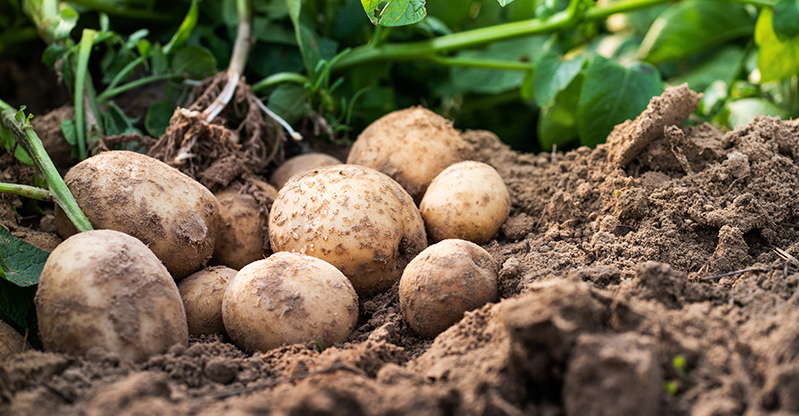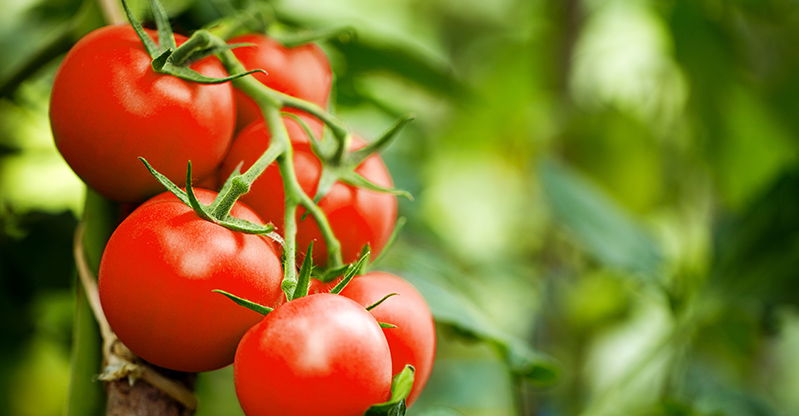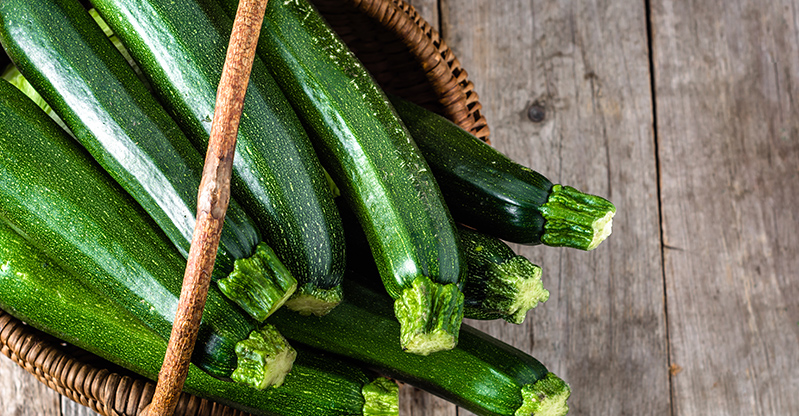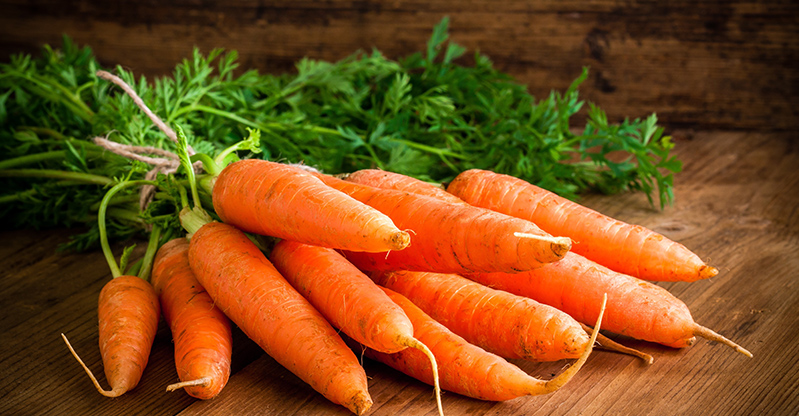Once again we are here to help you expand your Hebrew vocabulary. In this opportunity, our goal isn’t only to help you speak Hebrew better and have an amazing experience during your next visit to Israel, but also to encourage you to eat healthily and incorporate more vegetables into your diet.
In this article, we are going to teach you how to name eight popular vegetables in Hebrew. By learning your vegetables in Hebrew, it will be easier for you to follow and cook the recipes of extraordinary chefs such as Eyal Shani or Yotam Ottolenghi in their mother tongue: Hebrew.
Also, next time you are in the Mahane Yehuda Market in Jerusalem, you’ll definitely have a smoother experience negotiating the price of your potatoes, tomatoes and onions. Don’t ever forget that if you speak Hebrew fluently, you will feel like you are an active participant of Israeli society.
So, are you ready to expand your horizons and learn more Hebrew words? Phenomenal! Grab your notebook, and if you have the chance… go read this in your kitchen to start relating these terms with the actual vegetables you currently have at home.
Let’s learn some very healthy Hebrew! Here we go…
Learn your vegetables in Hebrew and eat healthily!
Can you imagine the world of opportunities you’ll have in front of your eyes once you learn how to say the top 8 vegetables in Hebrew? Can you picture yourself walking around the Shuk haCarmel in Tel Aviv and asking for the veggies you want for dinner speaking only in Hebrew? Can you see yourself reading a delicious recipe from an Israeli chef to prepare your next Shakshuka or an amazing Israeli salad?
Well, get your stuff ready, because after reading this informative article you’ll be one step closer to achieving all of these goals while expanding the frontiers of your Hebrew vocabulary.
1. Potato: Potato in Hebrew is תפוח אדמה, it literally means “the apple from the soil”, and it is pronounced “tah-poo-ach ah-dah-mah”. There are several things you can cook with potatoes besides french fries. Have you ever made “Potato Latkes”? If the answer is no, stop reading right now and go make some… Your family will truly appreciate it… and if you can send some to our offices, we will be extremely grateful too.

2. Tomato: Tomato, the heart of the Shakshuka, and one of the main ingredients of the Israeli Salad. Tomato in Hebrew is עגבנייה, and it is pronounced agh-vah-nee-ah. Since it is used for so many Israeli traditional dishes, you can find it in almost every single kitchen in Israel. Here’s a fun fact! Did you know that the cherry tomato was invented in Israel?

3. Onion: Another staple in Israeli cuisine and a great way to add flavor to any meal. Although it can make you cry while cutting it, it is a delicious ingredient for salads, main dishes, and even for the sandwich you prepare your little ones for school. Onion in Hebrew is בצל, and it is pronounced bah-tzal.

4. Sweet potato: Either you love it or you hate it. Sweet potato in Hebrew is בטטה and it is pronounced bah-tah-tah. Many bars in Tel Aviv offer some delicious בטטה fries to eat while drinking a glass of Vodka, Arak or Mohito. But if you want to eat it in a more family-friendly environment, you can always put them inside the oven with salt and garlic and enjoy a fantastic family dinner.
Subscribe to our newsletter
Learn Hebrew slang, take a virtual tour across Israel, discover the best local food and so much more
5. Yellow/Red/Green Pepper: Almost as many varieties as the colors of the rainbow. Peppers come in different colors and you can find them all in Israel. If you want to practice your Hebrew colors, check out the article we published a few months ago. Pepper in Hebrew is פלפל and it is pronounced peal-pell. Make sure to add the color you want right after the word פלפל to make sure your recipe comes out as good as you want it.

6. Zucchini: So many delicious plates can be prepared with Zucchini! In Hebrew, it is called קישוא, and it is pronounced kee-shoo, but here’s the interesting part… If you say “zucchini”, everybody will understand! Easy, isn’t it?

7. Carrot: Yes, sir! Another old-time favorite. Carrot in Hebrew is גזר and it is pronounced geh-zer. It is not only a great veggie, but also the name of a lovely kibbutz that is close to Tel Aviv. Want some carrots to improve your eyesight? Have them in Israel… they are delicious!

8. Cucumber: Cucumber is another one of the main ingredients of the Israeli salad. Israelis eat lots of cucumbers. We’re not joking…lots of them! Cucumber in Hebrew is מלפפון and it is pronounced meh-lah-pheh-phon. If you are looking to make a delicious and healthy Israeli salad מלפפון is what you need!

Learn some Hebrew today and come eat healthy in Israel!
Feeling hungry already? You now know eight new words in Hebrew, and you are ready to make an exquisite salad or side dish for yourself or your family. We encourage you to learn more Hebrew today so you can not only buy vegetables, but also fully understand what Israelis say to you, and to better comprehend a language that is ancient and beautiful.
Start learning Hebrew today and let yourself be surprised with your extraordinary progress. In the online and live Hebrew courses offered by the Rosen School of Hebrew, you’ll learn from the top-notch Hebrew teachers in Israel and you’ll have an amazing chance of interacting with classmates who -just like you- want to learn more and reach higher levels of knowledge.
Are you ready? Hebrew is just around the corner. Now, it is only up to you!












 Available on WhatsApp
Available on WhatsApp
Join the conversation (No comments yet)